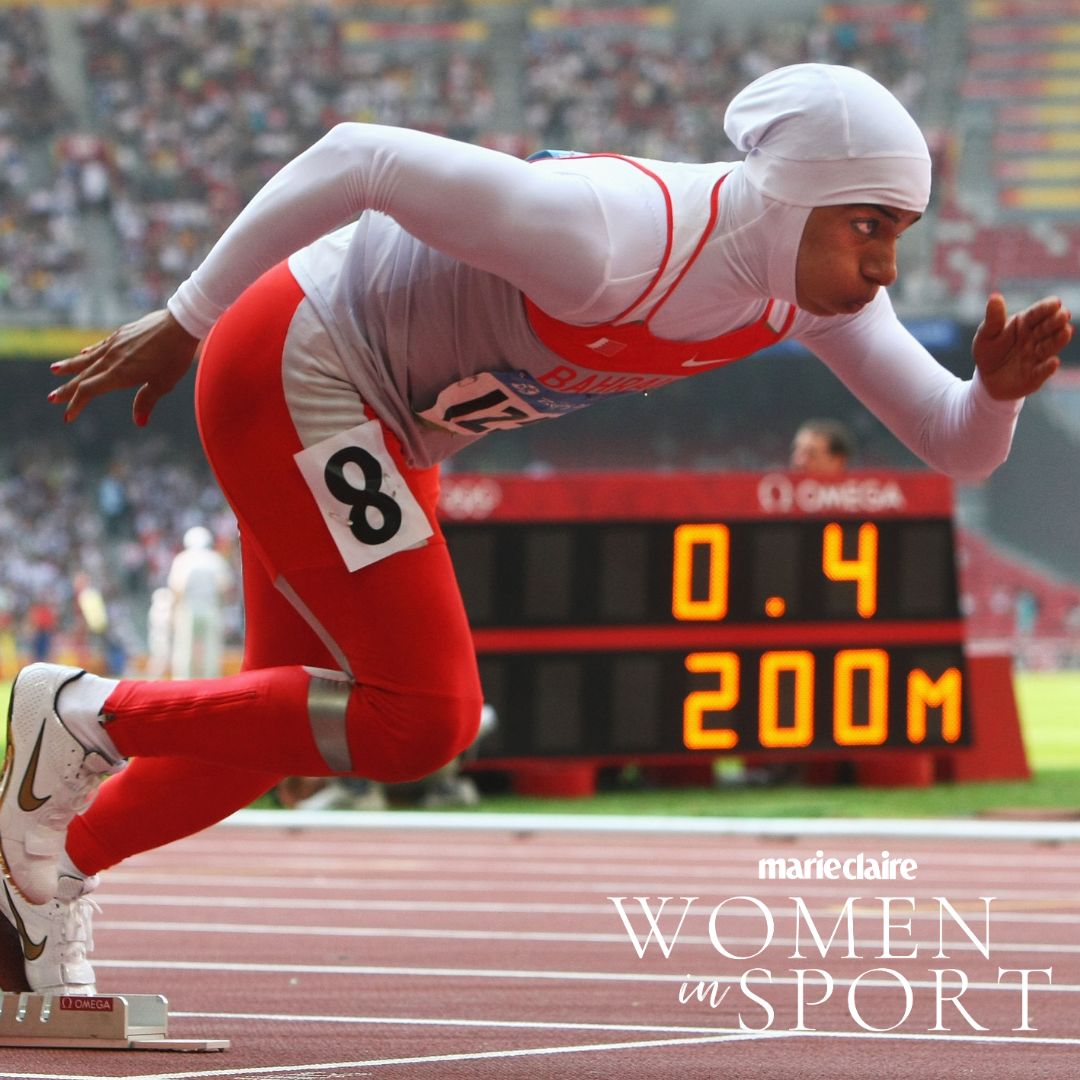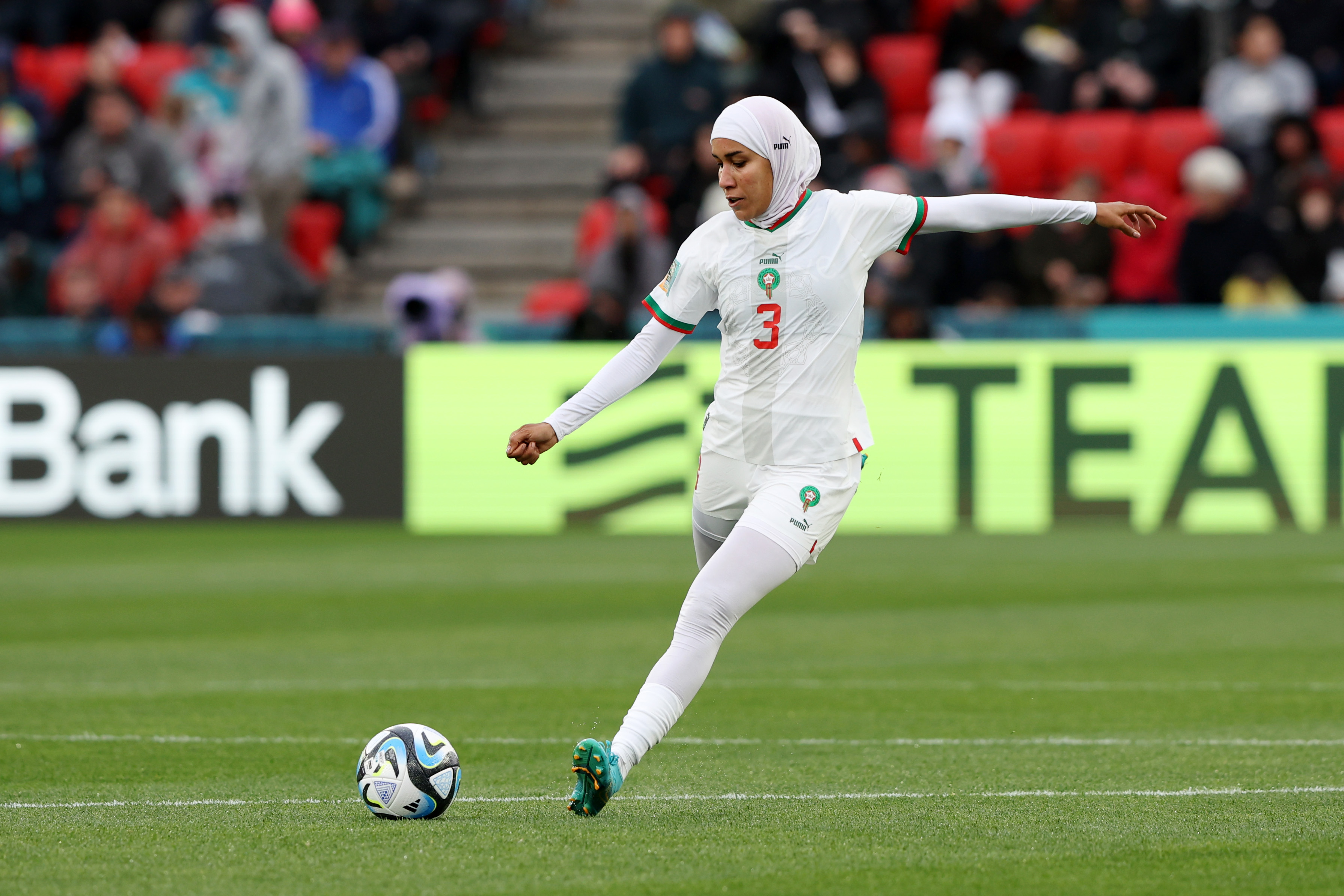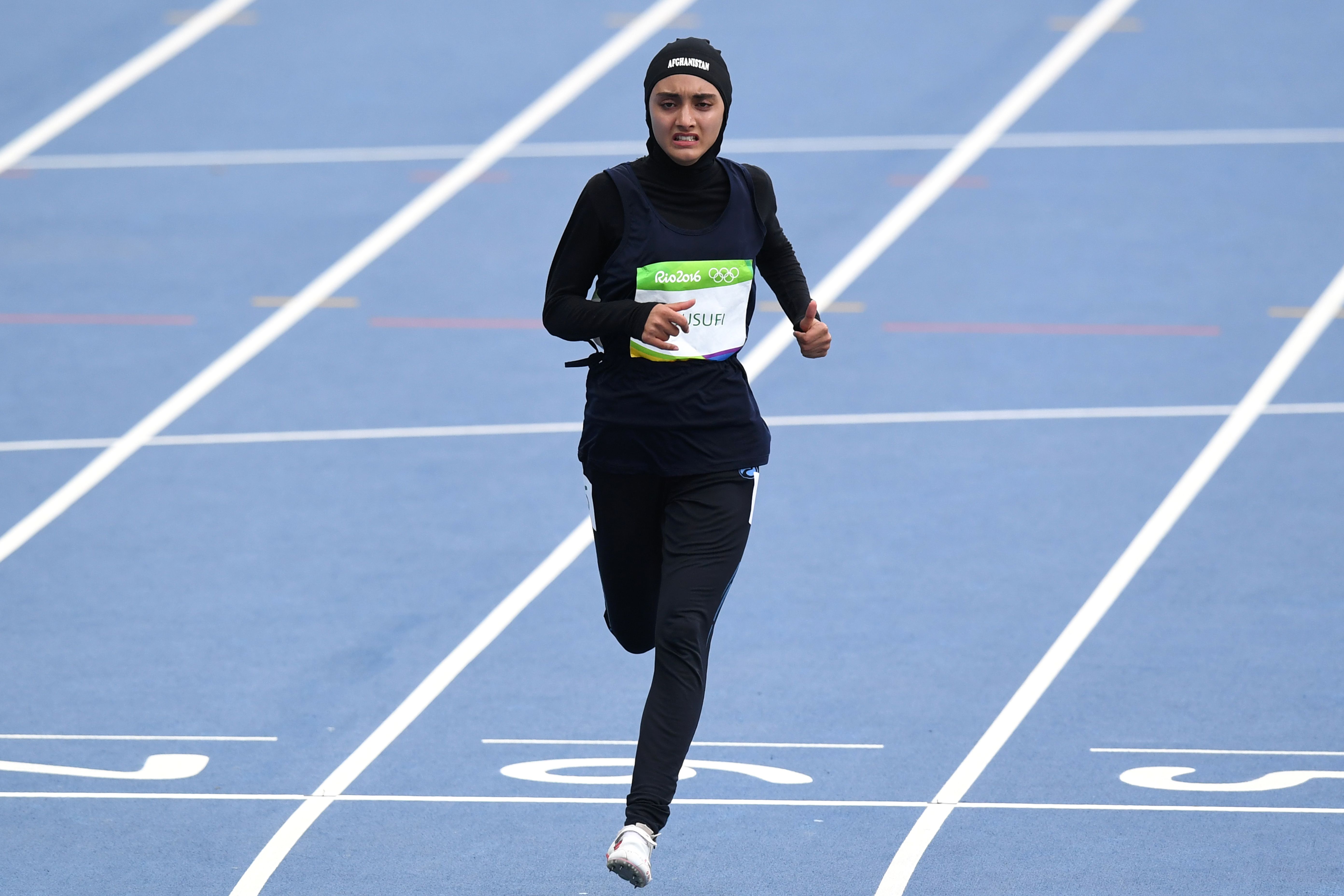
France has been accused of “racist gender discrimination” by Amnesty International because of its controversial decision to ban athletes from wearing hijabs at the Paris Olympics, which begins on Friday.
From the water quality of the Seine River to calls to disqualify countries, The Paris Olympics, which are due to begin this Friday, have been riddled with controversy. And now the host country has been accused of “racist gender discrimination” over its decision to ban its athletes from wearing the hijab while competing in the Olympic and Paralympic Games.
The ban, which prohibits athletes competing for France from wearing any religious coverings, was hinted at in September of last year when France’s sports minister, Amélie Oudéa-Castéra, vowed to uphold the country’s strict secularism policies.
France’s secularist principle—or laïcité—outlaws wearing any symbols or clothing that signify religious affiliation in spaces such as schools, government institutions, and sports events. However, many have argued that the policy seems to specifically target Muslim girls and women, who have been prohibited from wearing headscarves in specific settings for twenty years.

There was hope that athletes would be able to represent their faith and their country when the International Olympic Committee (IOC) told Reuters that “There are no restrictions on wearing the hijab or any other religious or cultural attire.” This holds true—except for athletes competing on behalf of France.
According to the French Sports Ministry, athletes will only be allowed to wear hijabs in the Olympic Village—not while competing. However, as the IOC itself does not ban hijabs, athletes competing for other countries will be allowed to wear hijabs and other religious headwear, provided their home federations permit it.

Human rights organisations have been quick to point out the irony in France banning its athletes from wearing hijabs while hailing the tournament as the “Gender Equal Olympics” on account of its 50/50 participation rate between men and women.
The IOC’s commitment to full gender equality for the Paris Olympic Games is a cause for celebration—as is the tournament itself. The Olympics bring together countries and cultures both in competition and in community. So, for many, France’s refusal to allow religious head coverings is seen as going against what the tournament has come to represent.
Anna Bluś, a spokesperson for Amnesty International, has said that “banning French athletes from competing with sports hijabs at the Olympic and Paralympic Games makes a mockery of claims that Paris 2024 is the first Gender Equal Olympics and lays bare the racist gender discrimination that underpins access to sport in France.” A new report from Amnesty International describes the decision as a “violation” and lambasts the decision as “racist gender discrimination”.
No policymaker should dictate what a woman can or cannot wear and no woman should be forced to choose between the sport she loves and her faith, cultural identity, or beliefs.
Anna Bluś, Amnesty International
Several French female athletes have voiced their hurt at being unable to even try out for the qualifiers due to the ban. “It’s very frustrating to be excluded from representing my home country, simply because of my religious identity,” said “24-year-old basketball player Diaba Konaté in a press conference earlier this year.
In a 32-page report from Amnesty International, Bluś has detailed the impact France’s ban has had on women and girls, who already face huge hurdles when it comes to pursuing sports. She said: “Discriminatory rules policing what women wear are a violation of Muslim women’s and girls’ human rights and have a devastating impact on their participation in sport, blocking efforts to make sports more inclusive and more accessible.”

According to a recent Women in Sport survey, Girls are three times more likely to drop out of sport than boys. At a time when more efforts are being made to encourage young girls to stay in sport—in the UK, more than half of all secondary schoolgirls (64%) give up sport before they turn 16—this feels like a bitter blow for many, and reminds us that we are still a long way from women having autonomy over their own image.







